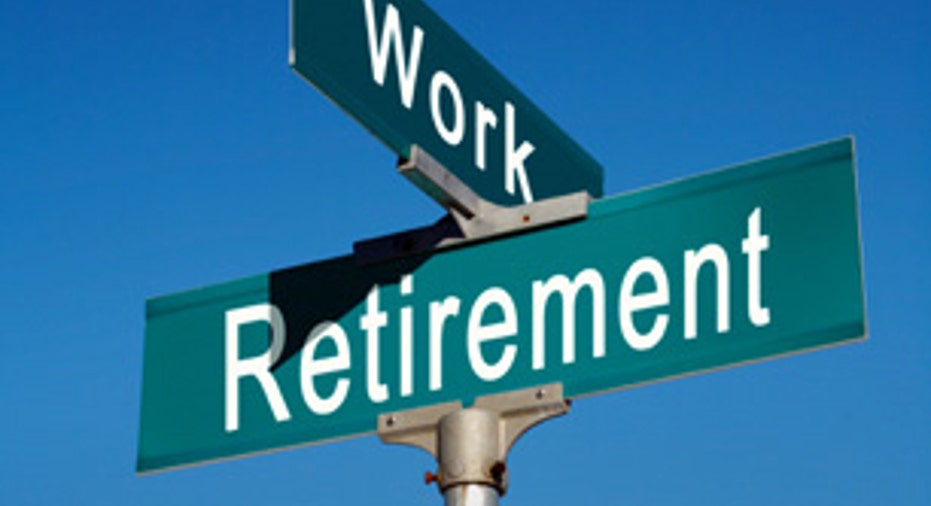Conservative Investments to Help You Retire

Dear Dr. Don, I would like to begin investing money to use in retirement. I want to be conservative with these investments, and I don't know where to begin. Any advice on retirement investing would be appreciated.
Thank you, -- Yvette Yields
Dear Yvette, First, I commend you for taking steps toward securing your financial future. Many Americans have failed to do this, so you are setting yourself apart.
Your choice of investments will depend on your investment goals, investment horizon, attitude toward risk and need for liquidity.
I like IRAs
If you're saving for retirement, you should consider a tax-advantaged retirement account such as a Roth or traditional individual retirement account, your company's 401(k), and 403(b) plans. Also, find out whether your employer offers matching contributions when you participate in its retirement plan. If so, that's where your investment should start.
Protect your money
Conservative investors are usually worried about putting their principal at risk -- a wise concern if you're nearing retirement. If that's the case for you, you may want to try some low-risk investments. For example, there are insured deposits with a bank or credit union. You could try savings bonds or U.S. government marketable securities. While these marketable securities will fluctuate in value, you're guaranteed to receive the face value of the security at maturity.
WIN: Whip inflation now
There's another risk besides risk to principal, and that's purchasing-power risk. To increase your purchasing power in retirement, your investments must earn a yield higher than the rate of inflation. Series I savings bonds and Treasury inflation-protected securities, or TIPS, pay yields that are adjusted for inflation. But current purchases of the Series I savings bond don't pay a yield above the inflation rate, and most TIPS maturities have had their prices bid up to the point where buyers earn a yield that's less than inflation except in the longest (30-year) maturities.
You have many other options. A plan I've seen recently allows investors to buy fractional shares of stocks and exchange-traded funds, or ETFs. It also allows purchases of mutual funds with low commission rates and no account minimums. Its automatic investment program allows you to make regular contributions into your account. And it's not the only game in town when it comes to automatic investment plans.
Asset allocation calculator
While an imperfect substitute for professional financial advice, an asset allocation calculator can help determine a starting point for your mix of investments. Finally, I'd suggest you don't limit yourself to CDs, savings bonds and U.S. Treasury securities. You should consider stocks as well.
Get more news, money-saving tips and expert advice by signing up for a free Bankrate newsletter.
Ask the adviser
To ask a question of the Retirement Adviser, go to the "Ask the Experts" page and select "Retirement" as the topic. Read more Retirement Adviser columns and more stories about retirement.
Bankrate's content, including the guidance of its advice-and-expert columns and this website, is intended only to assist you with financial decisions. The content is broad in scope and does not consider your personal financial situation. Bankrate recommends that you seek the advice of advisers who are fully aware of your individual circumstances before making any final decisions or implementing any financial strategy. Please remember that your use of this website is governed by Bankrate's Terms of Use.
Copyright 2015, Bankrate Inc.



















